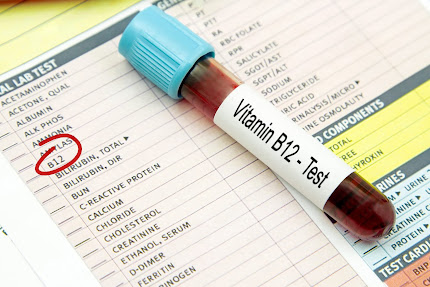Proinflammatory Foods: CANCER RISKS
Proinflammatory Foods: CANCER RISKS
The food you choose after a colon cancer diagnosis might be more important than you think. It’s not just about feeling better day-to-day — your diet could influence your odds of survival.
A new study followed over 1,600 people with stage 3 colon cancer and found a striking difference: those who regularly ate the most proinflammatory foods faced an 87% higher risk of death than those who ate the least.
Proinflammatory foods can trigger chronic inflammation—think swelling, irritation, and a body always on high alert. Over time, chronic inflammation is tied to a host of health problems, including cancer, according to a report by The Independent (London).
“One of the most common questions patients ask is what they should do after treatment to lower their risk of recurrence and improve survival,” said Dr. Sara Char, lead author and clinical fellow at Dana-Farber Cancer Institute in Boston. “These findings reinforce how much dietary habits and physical activity matter for colon cancer patients.”
The results were shared Sunday at an American Society of Clinical Oncology (ASCO) meeting in Chicago. As with all conference research, these findings are considered preliminary until published in a peer-reviewed journal.
The study participants were part of a phase 3 clinical trial, and researchers monitored their diets during and after treatment. The takeaway: Patients whose diets tended to promote inflammation were likelier to die during the study period.
What about medication? The anti-inflammatory drug celecoxib, taken by some in the trial, didn’t seem to change the link between inflammatory diets and survival.
Physical activity, though, did make a difference. The Independent reported that more active participants had the best survival rates.
“This study provides more evidence that diet really does matter for improving survival in people with stage 3 colon cancer,” said co-author Dr. Kimmie Ng, associate chief of gastrointestinal oncology at Dana-Farber.
Inflammation is how your body fights back against injury or infection. But when it sticks around too long, it can do more harm than good. Past studies have shown that inflammation may help cancer grow and spread, and in some cases, anti-inflammatory drugs can cut the odds of cancer coming back.
So, which foods fuel inflammation? Experts point to:
White bread
Soda and other sugary drinks
Fried foods (like French fries)
Processed meats (hot dogs, deli meats)
Alcohol
On the flip side, foods that help fight inflammation include:
Dark leafy greens
All kinds of vegetables
Whole grains
Nuts and seeds
Fatty fish, like salmon, that are high in omega-3s
Many doctors recommend the Mediterranean diet, which is packed with anti-inflammatory foods.
“People need to focus on their overall eating habits — not just a handful of foods — to keep inflammation in check,” wrote Dr. Edwin McDonald IV, a gastroenterologist at UChicago Medicine. “There’s no miracle food that cures chronic inflammation. It’s about building an anti-inflammatory lifestyle.”
Colon cancer strikes about 150,000 people in the U.S. every year. It’s the second-deadliest cancer for both men and women, and the American Cancer Society estimates it will claim around 52,900 lives this year.
For stage 3 colon cancer, the average five-year survival rate is about 73%.
Researchers say they’ll keep digging into how diet and lifestyle affect colon cancer outcomes, including for younger patients and those with more advanced disease.




Comments
Post a Comment